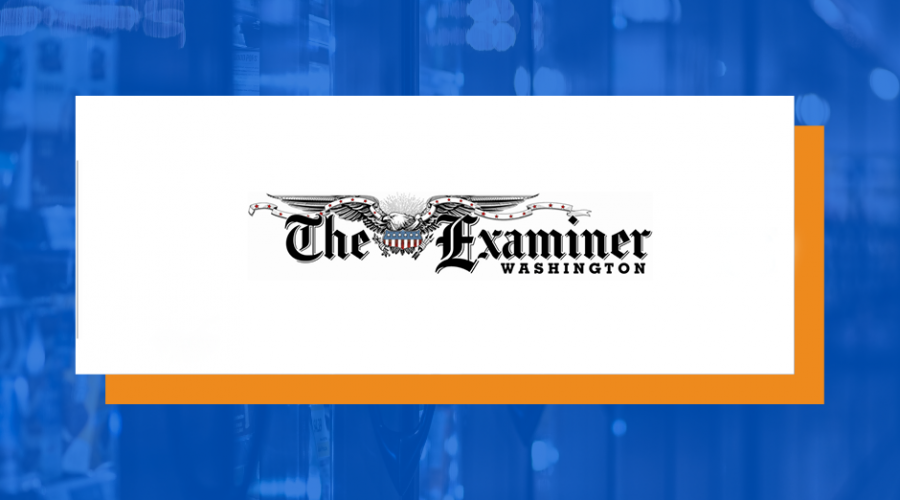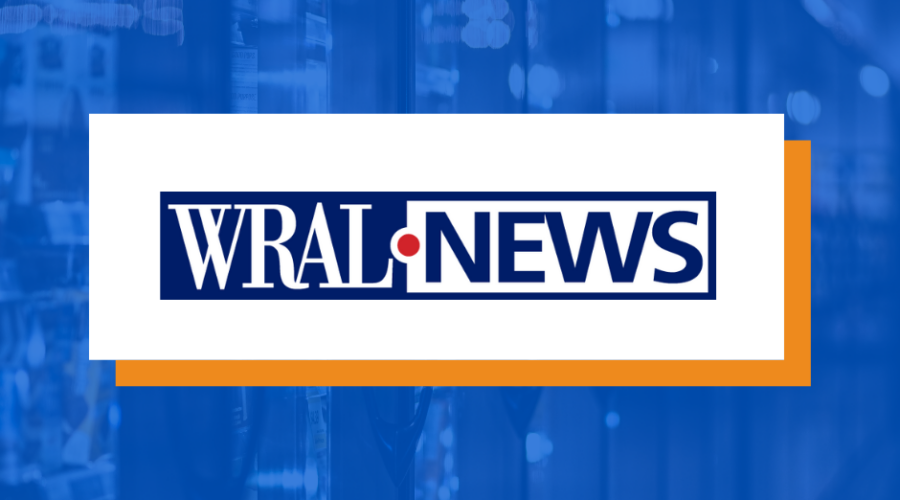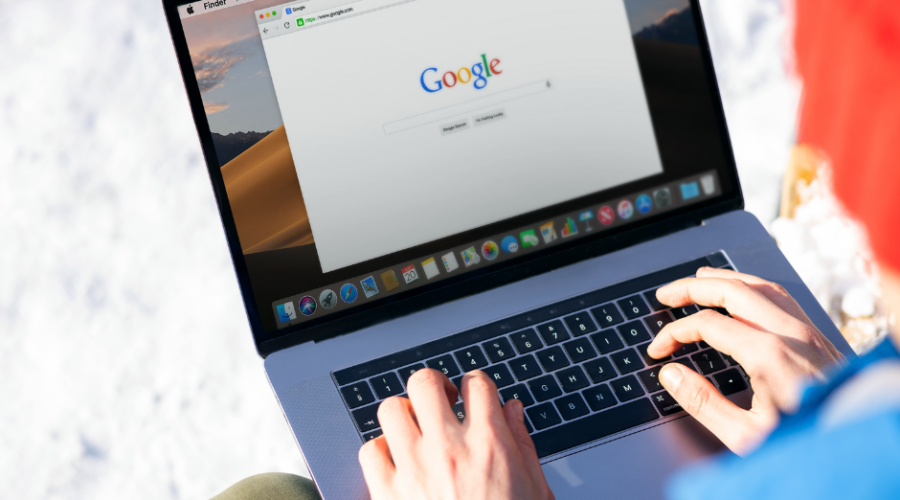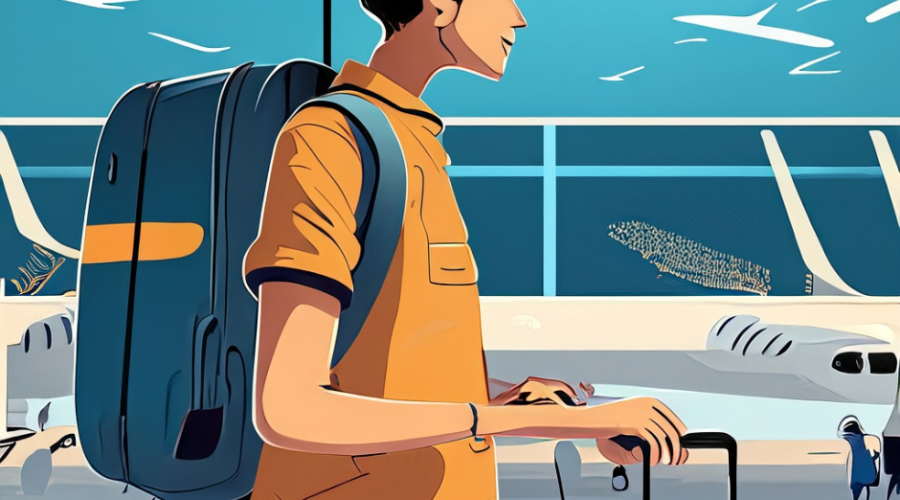Consumer Choice Still Best Way to Govern Markets
One of the questions I have been asked through the years I’ve worked at Consumer Choice Center is what it precisely means to defend consumer choice — the foundation on which it is built. One might say the clue is in the name, but consumer choice comes with a set of prerequisites that requires a functioning market economy.
In a nutshell, consumer choice describes the idea that consumers should be able to freely choose to buy a product or service or not to buy it, based solely on their own judgment and predicated on wants and needs they set themselves. Government regulations across the globe negate many aspects of this principle.
For instance, there are regulations that mandate you buy certain services, such as insurance, even though you might feel more comfortable self-insuring or buying the service on a subscription basis.
On the other hand, the government also has a list of products and services you are not allowed to buy and even sets rules for the time and place during which you are allowed to buy them. Examples of these are restrictions on sales times for alcohol, bans on vaping products, or regulations such as Foreign Account Tax Compliance Act (FATCA) that make it impossible for many American expats to access bank accounts abroad.
The enemy of consumer choice is most often government regulation, but that does not mean that all regulatory means are automatically contrary to consumer choice. Substances that could be harmful to minors should be inaccessible to them. Also, in cases of fraudulent promises by producers or harm caused through faulty products, consumers should be able to seek redress through the courts.
A common rebuke to these principles is that even though an open market exists, consumers don’t have access to a variety of service providers. This often comes from a misunderstanding of the rules that currently govern the marketplace. In the health insurance market or banking sector, the absence of a sufficient number of service providers comes from heavy-handed market-entry barriers that prevent entrepreneurs from accessing the market.
Or think of ride-sharing: while Uber or Lyft disrupted the taxi market, we are unfortunately falling back into the trap of taxi lobbies in those cities that aggressively try to regulate away the sharing economy. The misunderstanding does not necessarily lie with the influence of the government over market openness, but also over what constitutes excessive market concentration.
Take the example of Amazon, currently targeted by the FTC because it presumably consolidates and offers too many different products and services through its Amazon Prime bundle. Despite its successes, Amazon is far from representing a monopoly on the marketplace: Amazon’s e-commerce business represents less than 40% of the e-commerce market share, and given that e-commerce only represents 15% of all retail in the United States, it makes Amazon a curious monopolist with a remarkable market share of … 6%.
We need to define terms and provide context, and make sure that the conditions for consumer choice are met: We need an open and free market that allows companies to compete for consumers, not the other way around. When there is consumer choice, we see the rippling effects of creativity and innovation.
Consumer choice is also the neutral and judgment-free approach to viewing purchasing patterns. Those who are willing to support organic agriculture can shop at Whole Foods and at organic farmers markets, while others can shop cheaper (and with equal quality) at other stores.
Those who believe that the entrepreneurial success and the service of Amazon is something to be admired can use its services, while those who believe it represents the moral decay of late-stage capitalism are free to shop second-hand and locally. With consumer choice, consumers get to boycott products because they believe the CEO said something insensitive, and others get to buy the products because they support the statements (or the products) made.
Companies spend trillions of dollars on market research agencies, advertising questions and AI-driven analyses to figure out what the consumers want — because the one vote that counts for them is the consumer vote of confidence. However, when the market is limited to a few companies and/or products through regulation, consumers are disenfranchised from that vote.
Consumer choice is the only productive way to govern our market system: It guarantees individuality and free expression for all.
Originally published here





